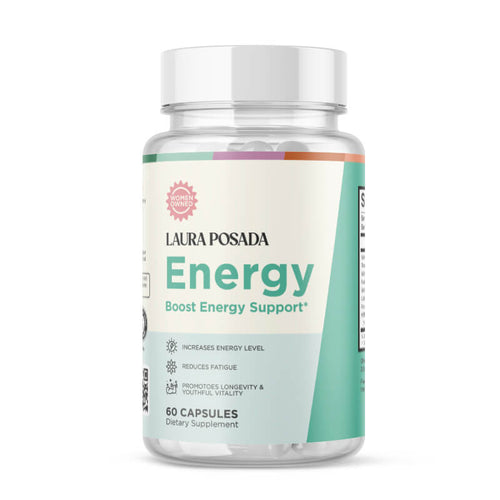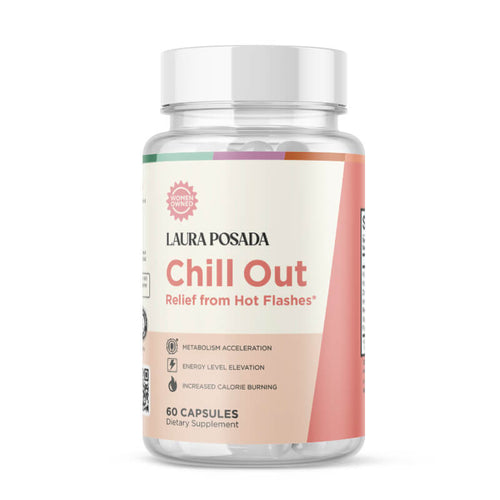As you go through perimenopause or menopause, you may notice that your libido or sex drive changes as levels of hormones like estrogen, progesterone and testosterone begin to fluctuate.
Research suggests that a good proportion of women (up to 50%) experience less sexual desire and lose the desire to be intimate with their partner. For others (around 20 to 30%) the opposite occurs, and they find that at this stage their sexual drive increases, sometimes excessively. The truth is that there is a lack of control that is sometimes difficult to understand and manage.
Yes, it is true that low hormone levels can cause physical symptoms such as vaginal dryness, loss of vaginal lubrication and elasticity, and pain during intercourse… but did you know that the causes of these sexual imbalances are not only physical? There are other psychological and emotional factors that can play an equal or even more important role than hormone levels.
What are they? Mood swings, depression, anxiety, weight gain and dissatisfaction with body changes, fear of urinary incontinence, insecurity about middle age - these are all psychological and emotional factors that can affect a woman's perception of herself and contribute to loss of sexual desire.
In any case, there is no need to resign yourself because there are many things you can do to alleviate this symptom and regain control to have a full and satisfying sexual life.
Talk to your partner: Communication is key when it comes to sexual health. If you yourself are confused and overwhelmed, imagine how your partner feels if he doesn't know or understand what you're going through. Tell him about any concerns or discomfort you may be experiencing and work together to find ways to improve your sexual relationship. Additionally, you can seek help from a couples therapist or sex therapist.
Experiment with different positions and aids: If you have discomfort or pain during sex, try different positions and techniques that may be more comfortable for you. Additionally, you can use vaginal lubricants to reduce dryness during intercourse. Another thing you can try are sex-enhancing toys like intimate massagers. On a physical level, these devices increase circulation to the vaginal tissues and on an emotional level, they add some naughtiness and variety to your relationship. Don't be shy, say what you like and what you don't.
Consult your doctor: If you feel like you're losing your sex drive, it's important to talk to your doctor. He or she can help identify any underlying health conditions that may be contributing to your symptoms and recommend treatments or therapies to help manage them.
Stay active: Regular exercise has been shown to improve mood, reduce stress and increase libido, in part because it increases testosterone, which is the sex drive hormone. Exercise also helps maintain muscle mass, which is important for sexual health. Aim for at least 30 minutes of moderate exercise a day, such as walking, jogging or yoga.
Consider some treatments: Before starting any treatment, it is important to discuss its risks and benefits with your doctor. There is hormone replacement therapy, although its use is increasingly controversial.There are also new techniques such as applying lasers and hyaluronic acid to the intimate area. These techniques allow you to recover the elasticity, hydration and appearance of the vaginal area. Remember to go to prestigious and accredited centers for this type of treatment. Within my line of natural supplements there are two products that were created specifically to increase sexual desire during perimenopause and menopause. There is Fuego, a natural female sexual enhancer formulated with 15 ingredients scientifically backed by their aphrodisiac properties. And Love Potion, a progesterone that is applied topically to relieve vaginal dryness and hot flashes, increase libido, combat fatigue, improve mood and sleep, and more.
In conclusion, sexual imbalances are a common symptom of perimenopause and menopause that can affect many women. But take heart, dear friend, because if you practice the five tips above, you may very well be able to rekindle the flame in your relationship. With the right support and resources, women can maintain a healthy and satisfying sex life during and after menopause.




